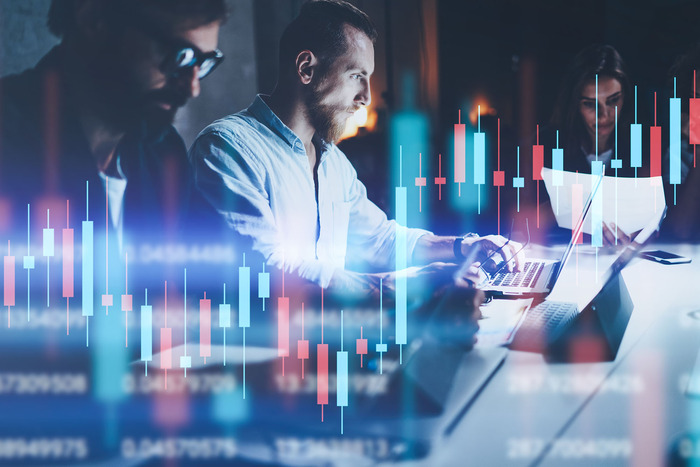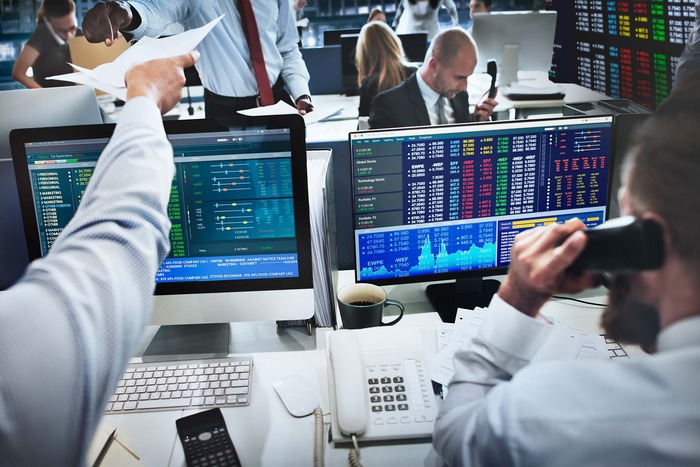
In the vast and dynamic world of foreign exchange, known as forex, selecting the right forex broker is a crucial decision that can significantly impact your trading experience and financial success. As traders navigate the complexities of the forex market, they often encounter terms like forex broker and forex Indonesia, sparking curiosity about the role and significance of these entities.
A forex broker serves as an intermediary, facilitating currency trading between retail traders and the larger global forex market. In the context of the global forex landscape, the mention of forex Indonesia highlights the international nature of this financial market and the participation of traders from various regions, including Indonesia.
The forex market operates 24 hours a day, five days a week, allowing traders worldwide to engage in currency trading at any time. This global access is made possible through forex broker networks that provide the platforms and tools necessary for traders to execute their trades.
For those exploring the forex market in Indonesia, understanding the role of a forex broker is crucial. These brokers act as bridges, connecting traders to the interbank forex market where currencies are bought and sold. Through these brokers, retail traders gain access to liquidity and price movements in the global forex market.
When searching for a suitable forex broker, traders often consider factors such as regulation, trading platforms, costs, and customer support. In the context of forex in Indonesia, regulatory environment becomes highly relevant. Reputable forex brokers operating in Indonesia should adhere to the regulatory standards set by relevant authorities, ensuring a safe and transparent trading environment.
The choice of a forex broker can significantly influence the overall trading experience. Traders often seek brokers with user-friendly platforms, powerful analytical tools, and efficient order execution. Additionally, access to educational resources and customer support can play a crucial role, especially for those new to the complexities of forex trading.
Forex brokers may offer various types of trading accounts to meet the diverse needs of traders. Ranging from standard accounts for beginners to more advanced accounts with additional features, the available options can vary. Traders should carefully assess their trading goals and preferences before selecting an account type.

In the context of forex in Indonesia, considerations of language and culture may also arise. Broker forex providing services in the Indonesian language and understanding the unique aspects of the Indonesian market can enhance the trading experience for local traders.
Risk management is a crucial aspect of forex trading, and reputable brokers often provide risk management tools to help traders reduce potential losses. Features such as stop-loss orders and take-profit levels can be essential instruments in managing risk and protecting capital.
As the forex market continues to evolve, technological advancements play a significant role in shaping this landscape. Forex brokers offering mobile trading apps, algorithmic trading options, and other innovative features can provide flexibility and efficiency to traders in executing their trades.
In conclusion, the world of forex trading and the role of forex brokers are interconnected elements that demand careful consideration from traders. Whether you are exploring the forex market in Indonesia or another part of the world, understanding the fundamentals of forex brokers and their impact on trading outcomes is essential for making informed and successful investment decisions.